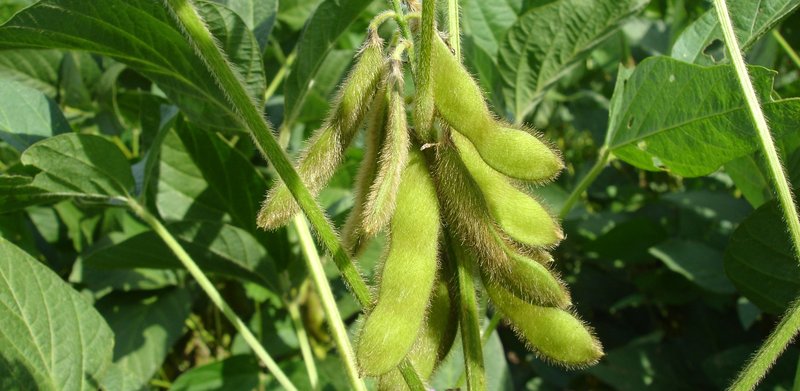News
"Climate eggs" through local soy feed
This is because the cost of GMO-free imported soya has almost doubled. This is causing great difficulties for farms producing "Ohne Gentechnik" [Non GMO] eggs and poultry meat. They are dependent on these additional costs being compensated by the trade and ultimately by consumers. "For the producers, this is existential," says VLOG Managing Director Alexander Hissting, "whereas for the final price in the shop, it is only a matter of a few cents for half a chicken or a pack of eggs. That should be worth "Ohne Gentechnik" [Non GMO] to consumers".
European soy: a component to secure "without genetic engineering" production
Long-term supply contracts, diversification in the origin of feed and thus also domestic soya as well as soya alternatives are further instruments to secure "non-GMO" production in the long term. " Domestic soy will be no more, but also no less than one element among several," says Alexander Hissting.
Bavaria is soya pioneer in Germany
In 2020, soy was cultivated on 33,800 hectares in Germany. Of this, 20,400 hectares alone are in Bavaria, which also signed the Danube Soy Declaration and launched the "Bavarian Protein Initiative" ten years ago to promote the cultivation of protein animal feed. The Bavarian State Institute for Agriculture (LfL) supports the initiative with research and cultivation tips.
The Research Institute of Organic Agriculture (FiBL) has calculated the 41 percent CO2 reduction of "climate eggs" produced with native soy feed. Another big plus of soy cultivation in Europe is that no rainforest or other natural areas are sacrificed for it.
Bavaria: Soy cultivation is a success story (agrarzeitung, in German)
Association complains of massive cost pressure on poultry and egg producers (topagrar, in German)
Producing eggs and poultry meat without soy feed
Translated with www.DeepL.com/Translator (free version)

